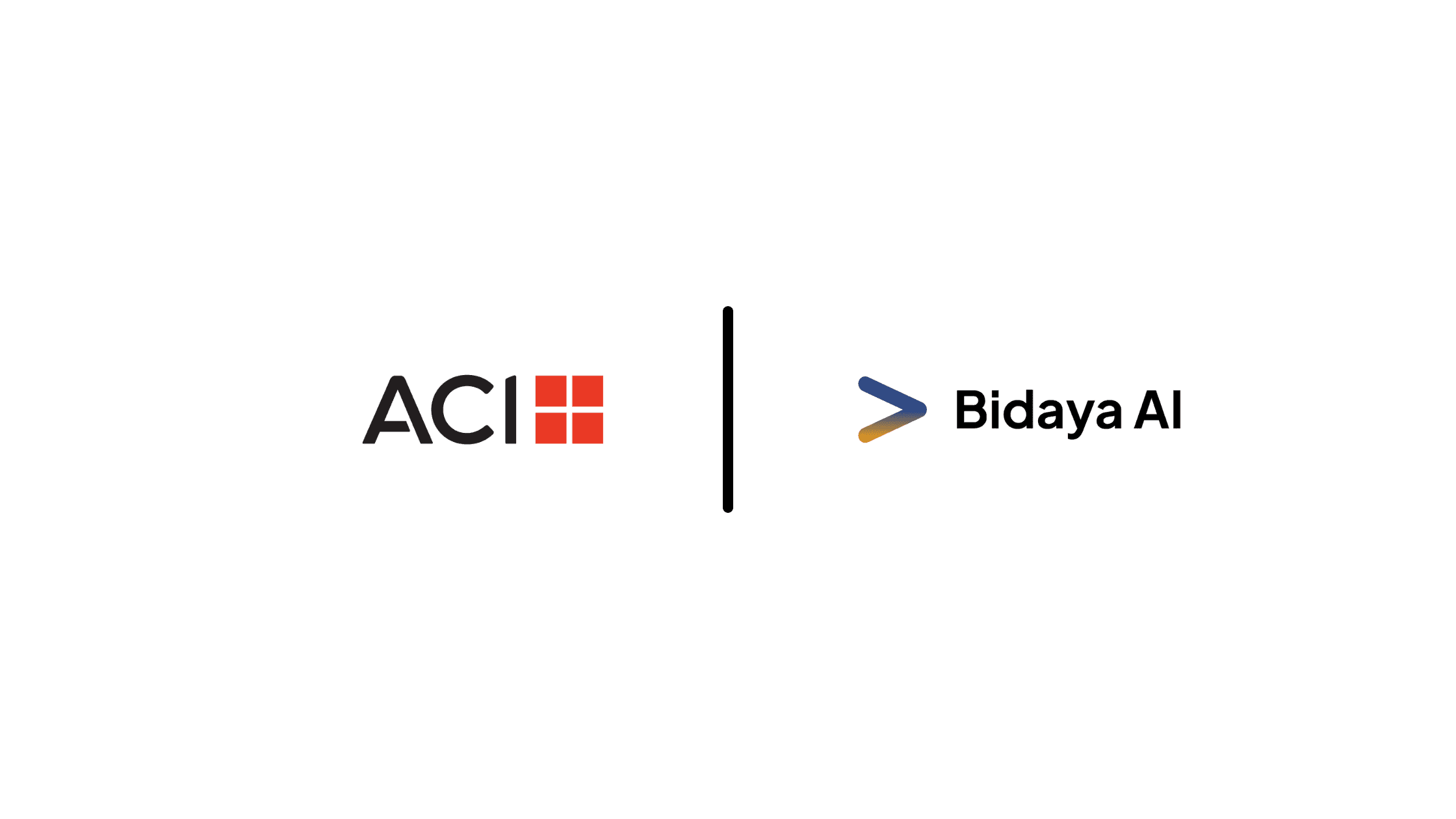Tips for Small Businesses in Public Sector Sales
April 1, 2024
Government contracting can be a lucrative avenue for small businesses looking to grow their revenue streams and expand their client base. However, navigating the complexities of Requests for Proposals (RFPs) and understanding the various certification and set-aside programs can be daunting. Here are some actionable tips to help small businesses effectively compete in government contracting:
1. Understand the Procurement Process
Before diving into the world of government contracting, it's crucial to familiarize yourself with how the procurement process works. Government agencies follow strict procedures outlined in the Federal Acquisition Regulation (FAR), which includes issuing RFPs to solicit bids from contractors. Take the time to study past RFPs and understand the evaluation criteria used by agencies.
2. Obtain Relevant Certifications
Certifications can significantly enhance your competitiveness in government contracting. Consider obtaining certifications such as:
Small Business Certifications: These include certifications like Small Business Administration's (SBA) 8(a), HUBZone, Woman-Owned Small Business (WOSB), and Service-Disabled Veteran-Owned Small Business (SDVOSB). Each certification offers unique advantages and eligibility criteria.
Industry-Specific Certifications: Depending on your industry, there may be additional certifications or accreditations that could give you a competitive edge.
3. Leverage Subcontracting Opportunities
As a small business, subcontracting with larger prime contractors can be an effective strategy to gain experience and credibility in government contracting. Many prime contractors have subcontracting goals they need to meet, providing ample opportunities for smaller firms to participate in larger contracts. Networking and establishing relationships with prime contractors can open doors to subcontracting opportunities.
4. Explore Set-Aside Programs
Set-aside programs are designed to allocate a certain percentage of contracts to small businesses that meet specific criteria. Key set-aside programs include:
Small Business Set-Asides: Contracts reserved exclusively for small businesses.
8(a) Business Development Program: For small businesses owned by socially and economically disadvantaged individuals.
HUBZone Program: Contracts set aside for businesses located in historically underutilized business zones.
Women-Owned Small Business (WOSB) Federal Contracting Program: Contracts set aside for WOSBs in industries where women-owned small businesses are underrepresented.
5. Build Relationships and Network
Relationships play a crucial role in government contracting. Attend industry events, conferences, and networking sessions where government procurement officials and prime contractors are present. Building relationships with decision-makers can lead to valuable insights and opportunities.
6. Focus on Proposal Quality
The quality of your proposal can make or break your chances of winning a government contract. Ensure your proposal is clear, concise, and directly addresses the requirements outlined in the RFP. Tailor your proposal to demonstrate how your business can meet the agency's needs effectively.
7. Stay Compliant and Updated
Government contracting regulations and requirements can change frequently. Stay informed about updates to the FAR and any new policies that may affect your business. Compliance with all regulations is essential to maintaining eligibility for government contracts.
8. Seek Assistance from Procurement Resources
Take advantage of resources offered by the SBA, Procurement Technical Assistance Centers (PTACs), and Small Business Development Centers (SBDCs). These organizations provide valuable guidance, training, and assistance with navigating the complexities of government contracting.
Entering the realm of government contracting through RFPs can be a game-changer for small businesses. By obtaining relevant certifications, exploring subcontracting opportunities, understanding set-aside programs, and focusing on building relationships and proposal quality, small businesses can position themselves competitively and capitalize on the vast opportunities offered by government contracts. With perseverance, strategic planning, and a commitment to excellence, small businesses can successfully expand their presence in the government contracting arena




